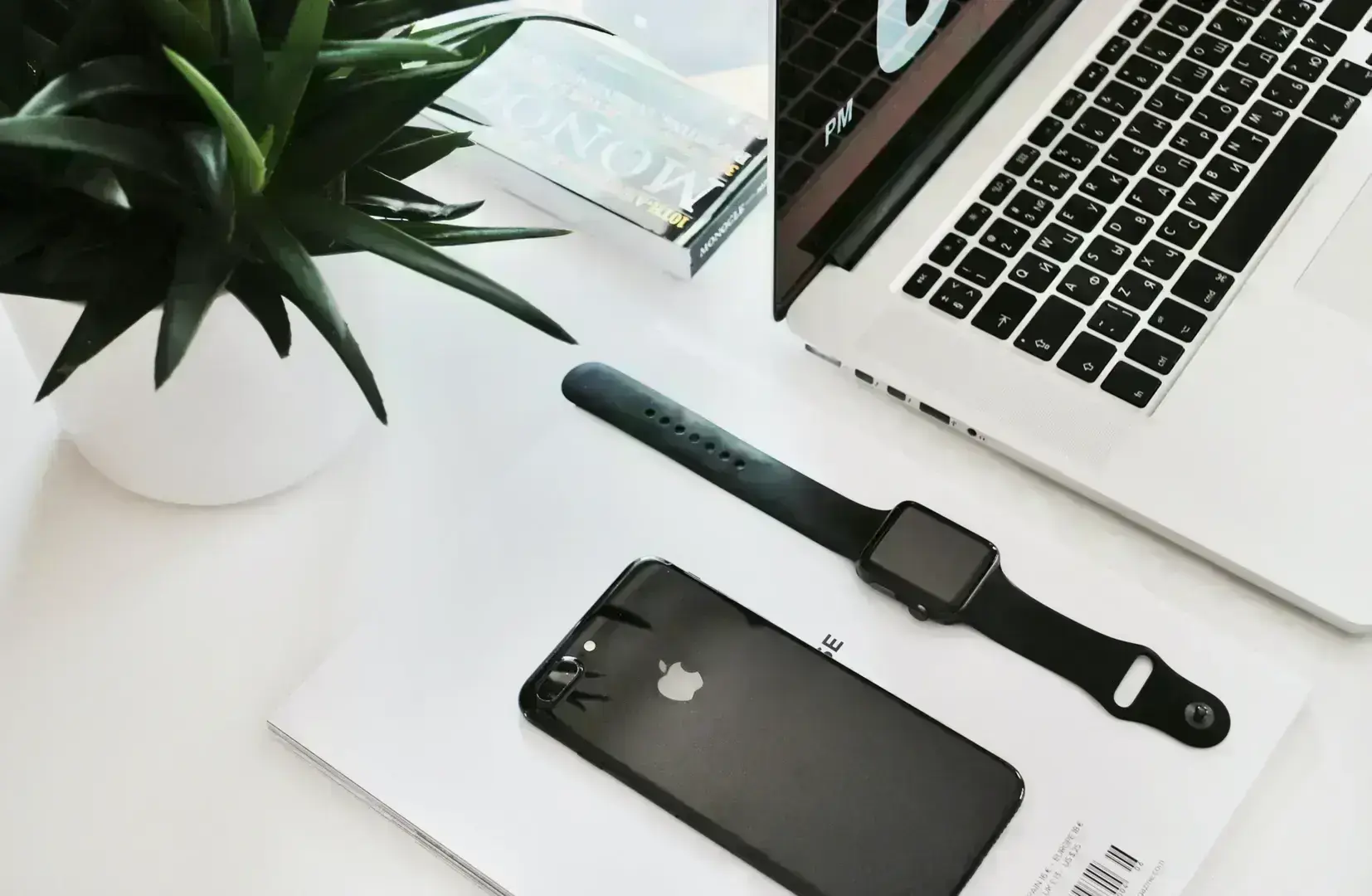
Mobile cross-platform issues
Native Development tailors software specifically for platforms like Android, optimizing performance, unlike web or hybrid apps, which face distribution and functionality challenges across different systems.
The definition of Native Development is building a software program on a particular platform, such as Android, making it indigenous to the platform. When an application is built for a specific platform, it works best on that platform. When you try to switch it from one operating system to another, problems arise.
Web app issues
The goal for making a mobile web page is the same as the goal of a desktop version: to look good on the screen. If it does not look good or function as it should, users will become frustrated with the web app and will be quick to leave your app.
Most web apps are written in HTML, CSS, or JavaScript. These tools and libraries are available for developing web apps; however, they are not as good when used to develop mobile apps. JQuery Mobile and Sencha Touch are geared to work with native mobile applications. They include touch-activated functions, providing the information and background for sliders and swipes. While clicking does not work well on mobile, swipes and slides make the app easier to use.
Web apps cannot be distributed in the same way that mobile apps can because they are not native to the mobile platform. Mobile apps are distributed by Google’s Android Marketplace and Apple’s App Store. If your app cannot be found in these two distribution locations, you are already setting yourself behind. The goal is to be a part of the mainstream, with the ability to be found by your patrons or customers. If your app is not widely available, your business will not be as successful in the mobile economy.
Hybrid apps
Hybrid apps are created by coding the application in a way that will run like a native application. It creates an app which is a bare minimum version of what is seen in a browser. This view has two identities: in IOS, this view is called UIWebView. On Android, it is known simply as WebView.
Hybrid apps can be built and placed inside a ‘native wrapping’. This makes distributing via both main app stores and multiple devices possible. Native bridges within an app allow the app to ‘talk’ to the other components of the device, such as alarm settings and cameras. This provides the notification noises that alert you of an update coming to the device from the app. Without the alert, the app can go unnoticed for hours or days while other hooked-up apps grab attention by alerting frequently.
Hybrid apps and native apps appear the same to users. They are easy to use and provide a good user experience.
Translators
If you already have an excellent web app and you want it also to be accessible on mobile web, there are translators who are capable of doing this. It is considered a mobile middleware server. MADPs are development tools that can take and transform a single codebase to be used in multiple platforms. Examples of these MADPs development tools are Appcelerator’s Titanium and Trigger.Io; they use native elements as necessary to be at optimum performance. UI Widgets can be native, whilst the JavaScript API is a way to condense and maximise the reprocessing of codes.
Code translators take an operating system’s native code and translate it to a different operating system’s native code. This works to save developers’ time in building or rebuilding a site to be geared for each operating system. However, some codes cannot be translated accurately, and this causes snags in the mobile app’s ability to perform as it should. Therefore, code translators are not a cure-all for web developers to use across all operating systems.
No quick fixes
There are multiple choices for web development, and none of them are entirely compatible across various operating systems. Each operating system requires certain elements that the others do not, making it a unique operating system for that particular reason. You must determine which operating system your app will run on and allow your mobile app developer to focus on that particular operating system. If you choose to run on multiple operating systems to reach a wider audience, hybrid apps are an option to keep you from having to write two completely separate native apps. However, there is no question that native apps work best!

Contact us.
If you need a partner in software development, we're here to help you.
We will respond to your enquiry immediately.